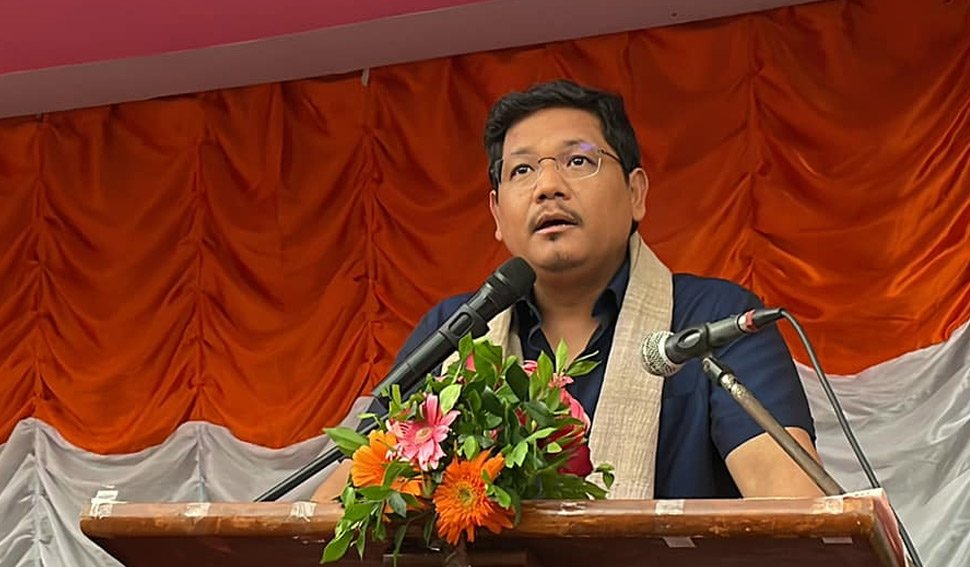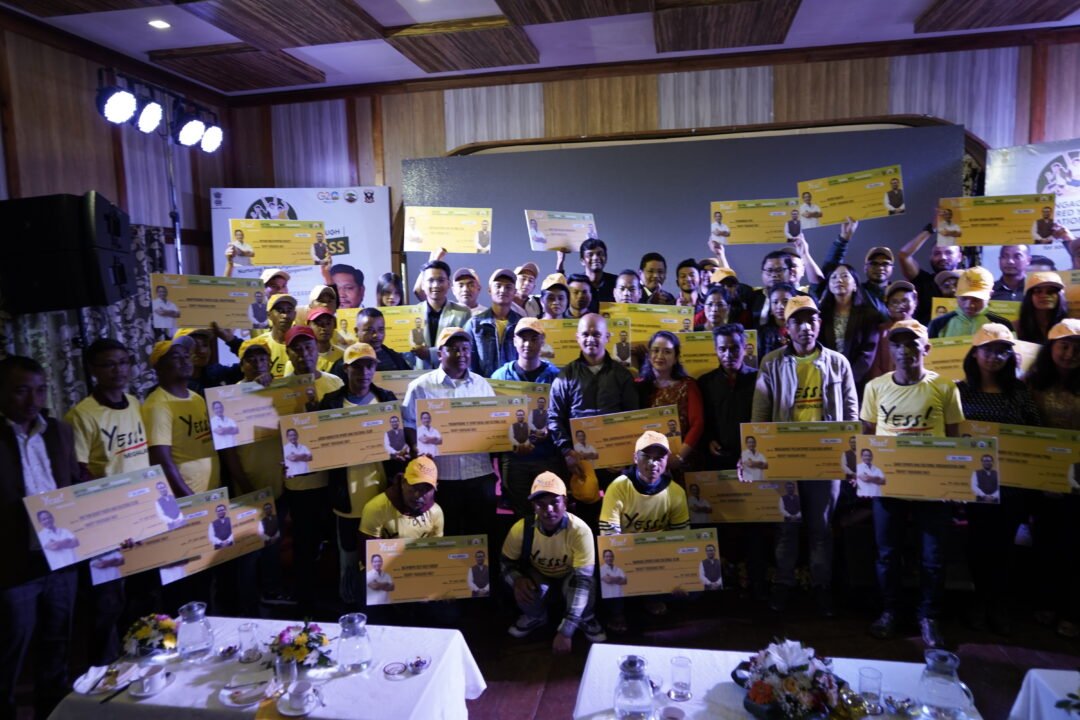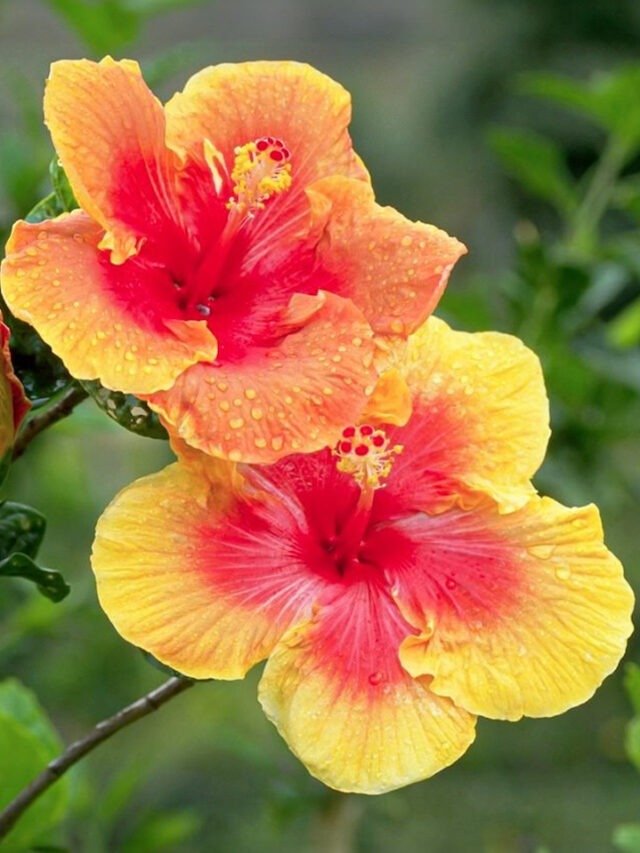HT Digital
SHILLONG, APR 4: Meghalaya Chief Minister Conrad K. Sangma has reaffirmed his government’s commitment to resolving the long-standing border dispute with Assam, stating that progress is being made in the right direction.
He was speaking during the Golden Jubilee Celebration of the All Meghalaya Karbi Association (AMKA) at Purduwa Kharpati in Ri Bhoi district on April 3.
Acknowledging the hardships faced by residents along the Assam-Meghalaya border, Sangma noted the complex nature of the dispute, involving both technical and political challenges. “Things are moving forward in the right direction. Let us continue to be committed to our people. Let us understand the pain they go through and work towards a solution,” he said.
He credited past governments for initiating dialogue on the issue but emphasised that his administration, in collaboration with the state council, is actively working towards a solution. “This is not a simple issue to resolve. It’s a political challenge apart from being a technical one. While earlier governments may not have taken it forward, we are committed to resolving it. I also thank my Assam counterpart for showing initiative,” he added.
The border dispute has been a persistent source of tension between the two states, affecting the lives of communities living near the boundary. However, efforts are underway on both sides to find an amicable resolution.
During the event, CM Sangma paid tribute to notable Karbi leaders who contributed to the movement for Meghalaya’s statehood. He mentioned figures such as the late Valerian Hing Timung, Jaipo Thang Taro, Dominic Timung, Joy Taro, and Chikraw Timung, acknowledging their sacrifices and the historical ties between the Karbi people and the state.
Sangma also congratulated AMKA on its 50-year journey, commending its role in preserving the Karbi community’s rich cultural heritage. “The founding members have spent five decades protecting and celebrating their identity. Their work is invaluable,” he said.
Speaking on unity and inclusiveness, the Chief Minister reassured citizens from all communities and religions of equal importance and protection under his government. “We may belong to different tribes and follow different faiths, but being a citizen of Meghalaya makes you equally important. It is the duty of every leader and the government to ensure development and protection for all,” he stated.
In a significant announcement, he pledged ₹50 lakh for the establishment of a Karbi Cultural Centre, reaffirming the government’s commitment to supporting minority groups in preserving their culture and traditions. “Culture defines our identity, whether we are Khasi, Garo, Rabha, Koch, Hajong, or Karbi,” he noted.
Addressing issues in the disputed border areas, Sangma shared that the absence of basic infrastructure, such as schools, continues to affect the lives of people. However, with support from the Assam government and the Karbi Anglong Autonomous Council, construction of a school is underway in one such area, funded through the Chief Minister’s Special Development Fund (CMSDF).
“There are many challenges, but we are working together to bring development where it is most needed,” he said.
Responding to AMKA’s demand for changing the nomenclature of the Karbi community from ‘Mikir’ to their correct identity in state records, the Chief Minister acknowledged the issue and revealed that a committee has been set up under the Commissioner Secretary of the Social Welfare Department to review such demands. The committee’s recommendations will be forwarded to the Government of India.
On the 125th Constitutional Amendment Bill and the demand for inclusion of unrepresented tribes, he said the government is considering expansion to accommodate such communities. “The option is still open,” he assured.
In an effort to promote linguistic inclusivity, Sangma announced plans to introduce Khasi and Garo languages in the school curriculum for all students across Meghalaya. “Though it may be challenging, we are exploring the possibility of making both languages mandatory, so students can learn and appreciate each other’s cultures,” he said.












